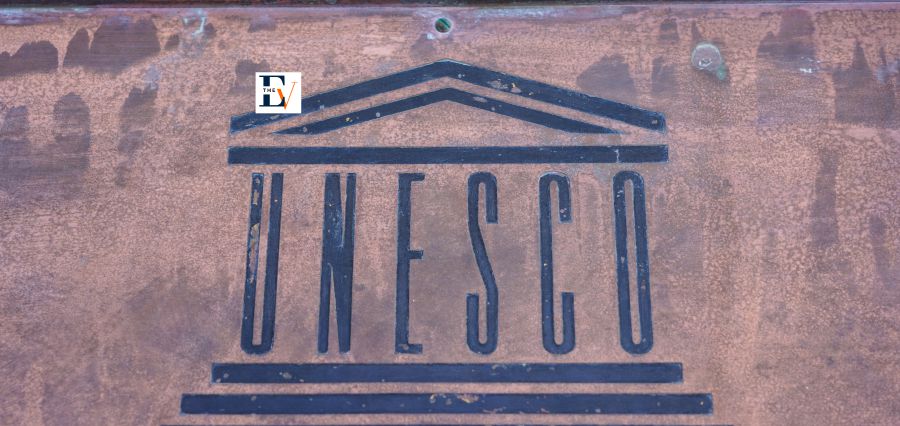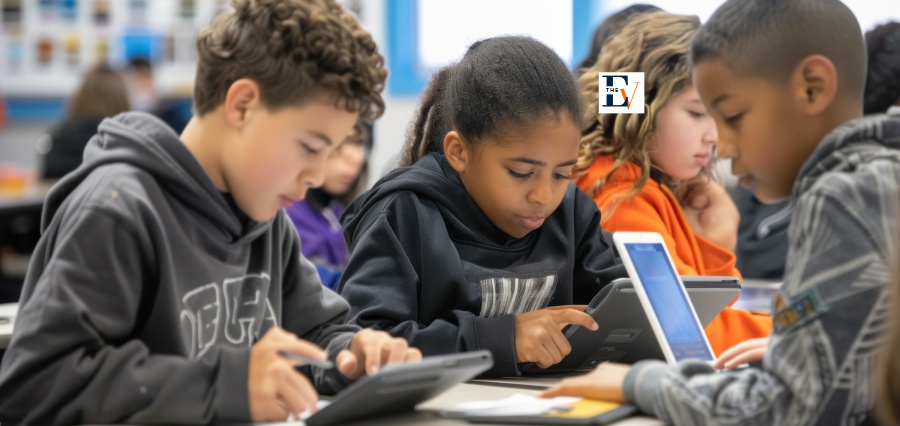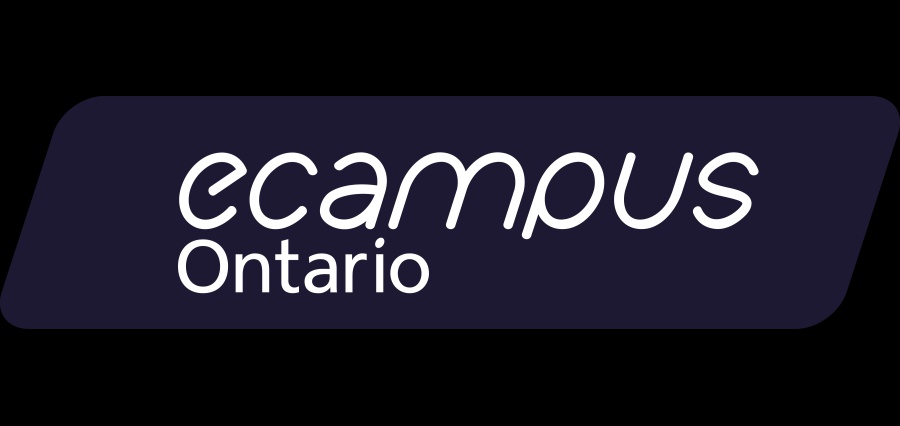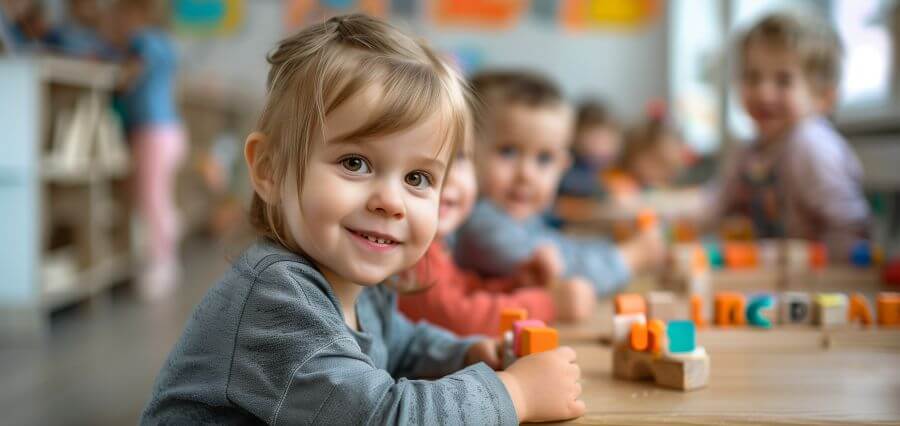UNESCO has developed an online resource for educators and mental health professionals-the Community of Modern Teachers and Psychologists, which already has more than 24,000 participants in its membership. This community is somehow a space not only of knowledge and skills sharing but also of finding innovation in educational methodology.
It was first created to complement the UNESCO online course on Digital Teacher, but it has evolved to be used now for the purposes of adding more contemporary methods of teaching, for example universal design for learning and digital literacy skills. It has evolved into a psychosocial support website that facilitates the critical discussion of essential issues like protecting oneself from professional burnout, conflict in the classroom, and children with special educational needs.
The central idea of the community’s mission focuses on developing the psychological well-being of educators and students. Thorough webinars, workshops, and group meetings relate to crucial pressing questions, such as the adaptation of children into school environments, the prevention of violence, and support for children with special educational requirements. All of these programs provide educators with practical information and expert insights specific to the current difficult conditions in Ukraine.
For example, Natalia Ivashchenko is a chemistry teacher from the Donetsk region. According to her, for instance, she has mastered new tools to innovate the methods of conducting teaching, for example, such as interactive technologies and game-based learning. She underlined that one of the webinars referred to trauma-informed teaching as particularly relevant: “I acquired knowledge on how to meet emotional needs of the students amidst the ongoing conflict”.
Another very important observation that Natalia mentioned was the community’s focus on individualized approaches to learning, which has changed her classroom dynamics. The advice given on conflict resolution has also been invaluable in helping her handle classroom problems more constructively.
Team building activities in the community create a more collaborative environment among educators, which improves their relationship as professionals as well as their effectiveness at large. Natalia says that such activities are essential in creating a united team of teachers, which will eventually benefit the educational experience for the students at hand.
In this respect, UNESCO, together with its development partners, maintains efforts to offer psychosocial support in Ukrainian schools. The Community of Modern Teachers and Psychologists, funded by Japan and Google.org, testifies to the power of collective action and collective knowledge in enhancing educational resilience in adversities.






